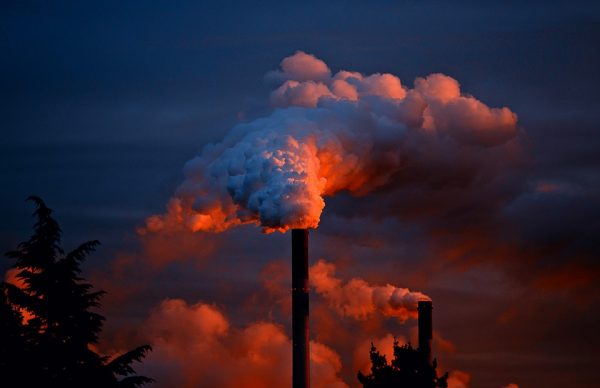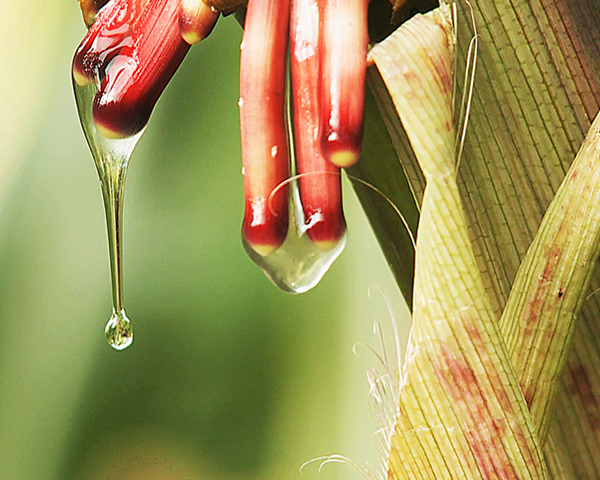SCIENCE: Our Global Junk is Making Men’s Private Junk Shrink
As if forest fires and melting ice caps weren’t enough to keep you up at night, here’s a brand new nightmare: global warming is coming for your penis. According to leading epidemiologist and environmental scientist Dr Shanna Swan, penises around the world are shrinking, and pollution is to blame. Humanity is facing an “existential crisis”, she explains in her cheery new book Count Down: How Our Modern World Is Threatening Sperm Counts, Altering Male and Female Reproductive Development, and Imperilling the Future of the Human Race. It all comes down to phathalates, a chemical used in manufacturing plastics that impacts … Read more





